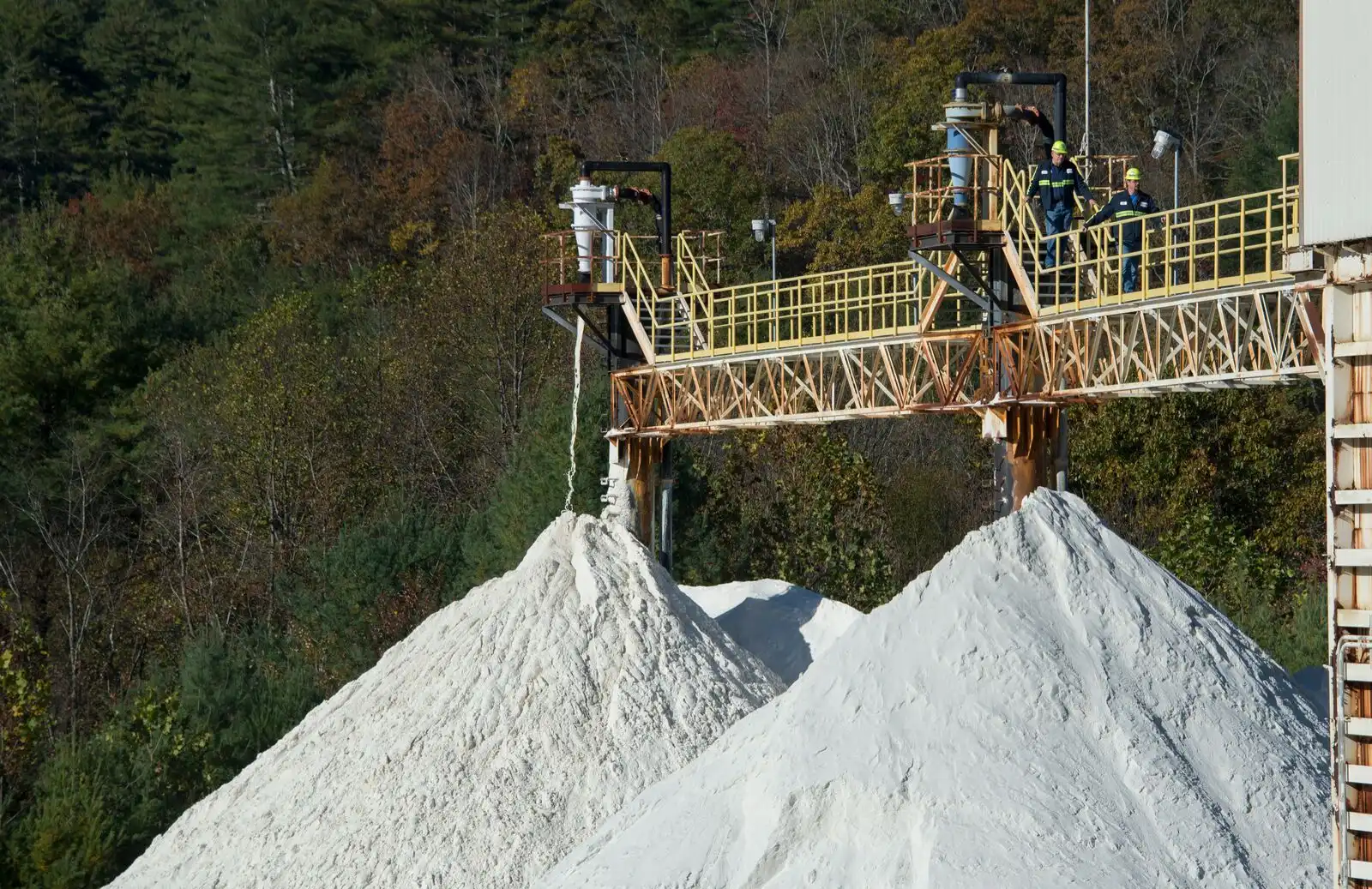Trouble for Tech: 80% of World’s High-Purity Quartz Just Went Offline

Hurricane Helene recently devastated Spruce Pine, North Carolina, a critical hub for the global tech industry due to its production of high-purity quartz (HPQ).
This mineral is essential for manufacturing semiconductors, and Spruce Pine supplies about 80% of the world's HPQ.

The hurricane caused severe flooding, road destruction, and mine closures, halting quartz extraction and distribution.
This disruption threatens the semiconductor supply chain, potentially impacting global tech production if recovery extends beyond four to six weeks.
The tech industry faces significant challenges as it relies heavily on this single source for HPQ.
Repairing the damaged mines and transportation networks in Spruce Pine, NC, following Hurricane Helene is expected to take several months for temporary fixes and potentially years for full restoration.
Temporary repairs to bridges and roads might allow limited operations to resume within a few months.
However, the complete loss of several road and rail bridges will require extensive work, with permanent repairs taking much longer. The timeline for restoring full capacity is uncertain and highly dependent on the speed of infrastructure rebuilding efforts.
The temporary closure of Sibelco's quartz mines means supply of the ultra-pure quartz essential for manufacturing silicon wafers used in semiconductors and photovoltaic cells is in peril.
The disruption in quartz production threatens the global supply chain, as alternative sources are less pure and more costly.

Impacted Companies and Industries
Semiconductor Manufacturers: Companies like Taiwan Semiconductor Manufacturing Company (TSMC) heavily rely on Spruce Pine's quartz for producing silicon wafers used in advanced microchips.
The disruption could lead to a global chip shortage similar to the one experienced during the pandemic.
Solar Panel Producers: The photovoltaic industry, particularly in China, depends on high-quality quartz from Spruce Pine for silicon ingots necessary for solar panel production. Any prolonged disruption could hinder solar panel manufacturing and deployment efforts.
Tech Companies: Major tech firms that produce consumer electronics such as smartphones, computers, and gaming consoles will face challenges due to potential delays in chip production.
This includes companies like Apple and Samsung that require semiconductors for their devices.
Quartz Mining Companies: Sibelco and The Quartz Corp, the primary operators of the mines in Spruce Pine, have halted production indefinitely.
This cessation affects their operations and financial performance, as well as their ability to supply quartz to global markets.
Broader Economic Implications
Supply Chain Disruptions: The halt in quartz supply will necessitate finding alternative sources or methods for producing high-purity silicon wafers, which, again, are more costly and less efficient.
Increased Costs: With limited availability of high-purity quartz, production costs for semiconductors and related technologies may rise, potentially leading to higher prices for end consumers.
Strategic Reevaluation: The incident underscores the vulnerability of relying on a single geographic source for a critical material.
It may prompt companies and governments to explore diversification of supply chains and investment in alternative materials or technologies.
The duration of the shutdown will determine the extent of these impacts. If operations resume quickly, the effects might be mitigated; however, prolonged disruptions could lead to significant economic ramifications across multiple sectors globally.

